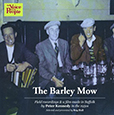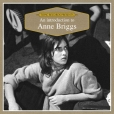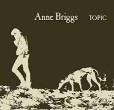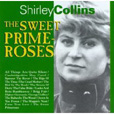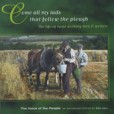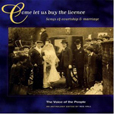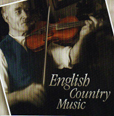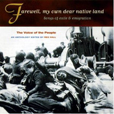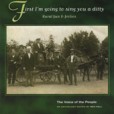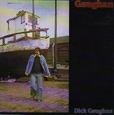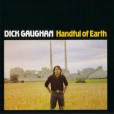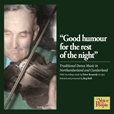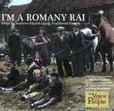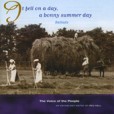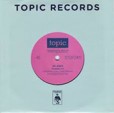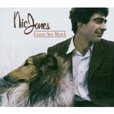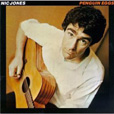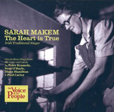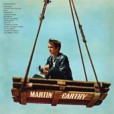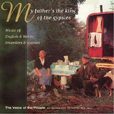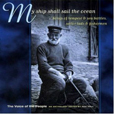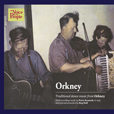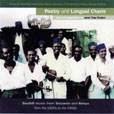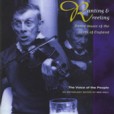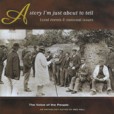Your basket is empty

Angeline Morrison
The Sorrow Songs: Folk Songs Of Black British Experience
Topic
“The traditional songs of the UK are rich with storytelling, and you can find songs with examples of almost any kind of situation or person you can think of. While people of the African diaspora have been present in these islands since Roman times, their histories are little known – and these histories don’t tend to appear in the folk songs of these islands.”
Angeline about her song Unknown African Boy (d.1830): “I learned that slave ships regularly passed by the Isles of Scilly and several were wrecked. A local newspaper article of the time listed some of the items washed up on shore: palm oil, elephant tusks, boxes of silver dollars and gold dust, and the body of an unknown ‘West African boy – estimated age around eight’. The boy is buried in St Martin’s churchyard, Isles of Scilly. I wrote this song from the perspective of his mother.”
And about Cruel Mother Country: “In 1775 and 1776, enslaved Africans in the US were encouraged to put their lives at risk by escaping to join the British army. They were assured the Queen of England was Black – the Black Queen in question was Queen Charlotte of Mecklenberg-Strelitz, wife of King George III. We may never know the truth about Queen Charlotte’s ancestry, but we do know that gossip about it was rife at the time. The promised homeland these enslaved Africans risked their lives in exchange for never materialised. Most became homeless on the streets of London.”
Alex Neilson and Martin Carthy are amongst the supporting musicians.
‘The Voice of the People’.
Featuring Billy Cooper, Walter Bulwer and Daisy Bulwer; dulcimer, melodeon, fiddle, banjo, drums, pipes, concertina and piano.
‘The Voice of the People’.
Selected and presented by Shirley Collins.
Fifties and sixties recordings by the great Irish singer, including many rarities.
‘The Voice of the People’.
‘The Voice of the People’.
1955 field recordings made by Peter Kennedy: fiddles, tin whistle, accordion.

